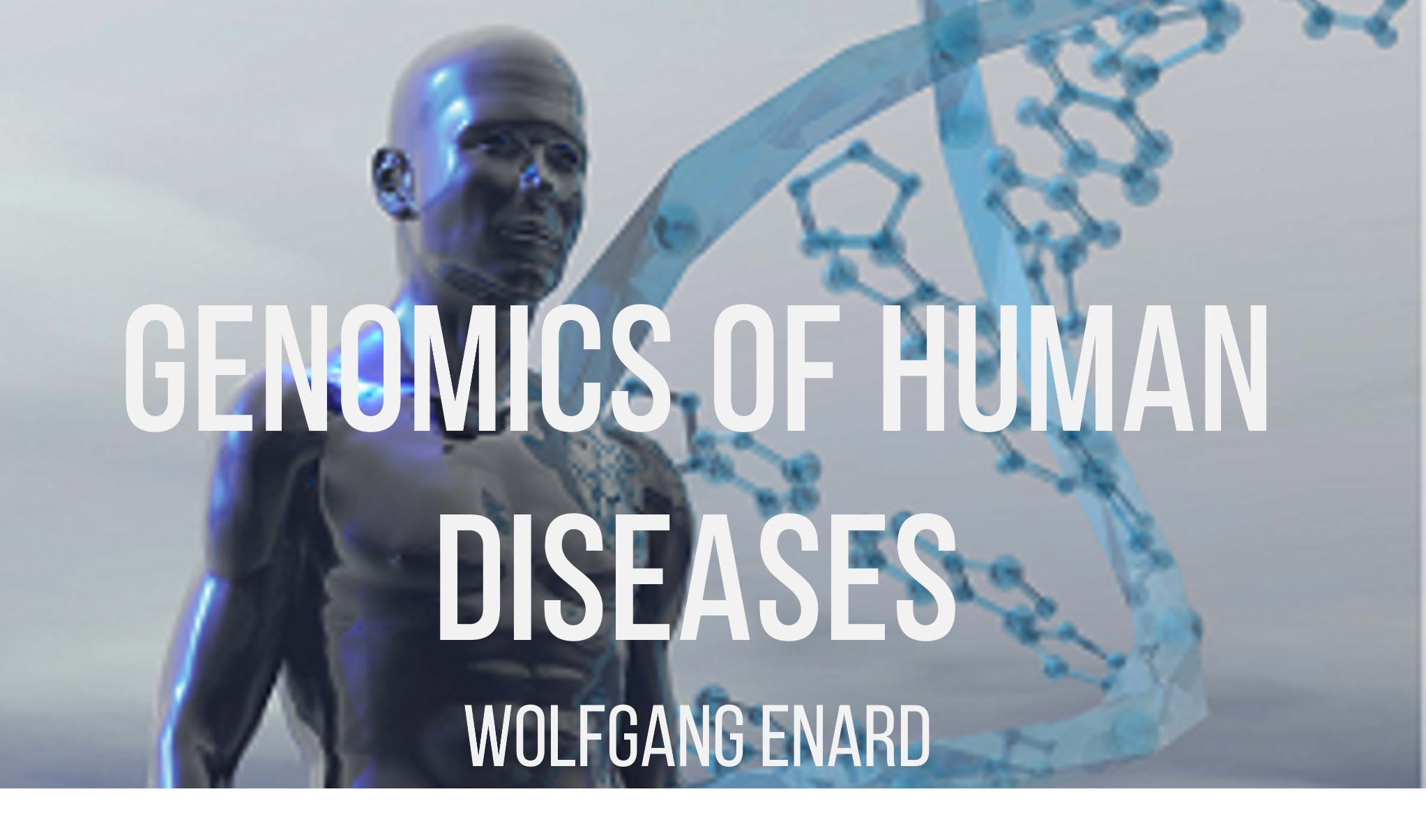
- Викладач: Brommer Arthur
- Викладач: Cremer Thomas
- Викладач: Enard Wolfgang
- Викладач: Hellmann Ines
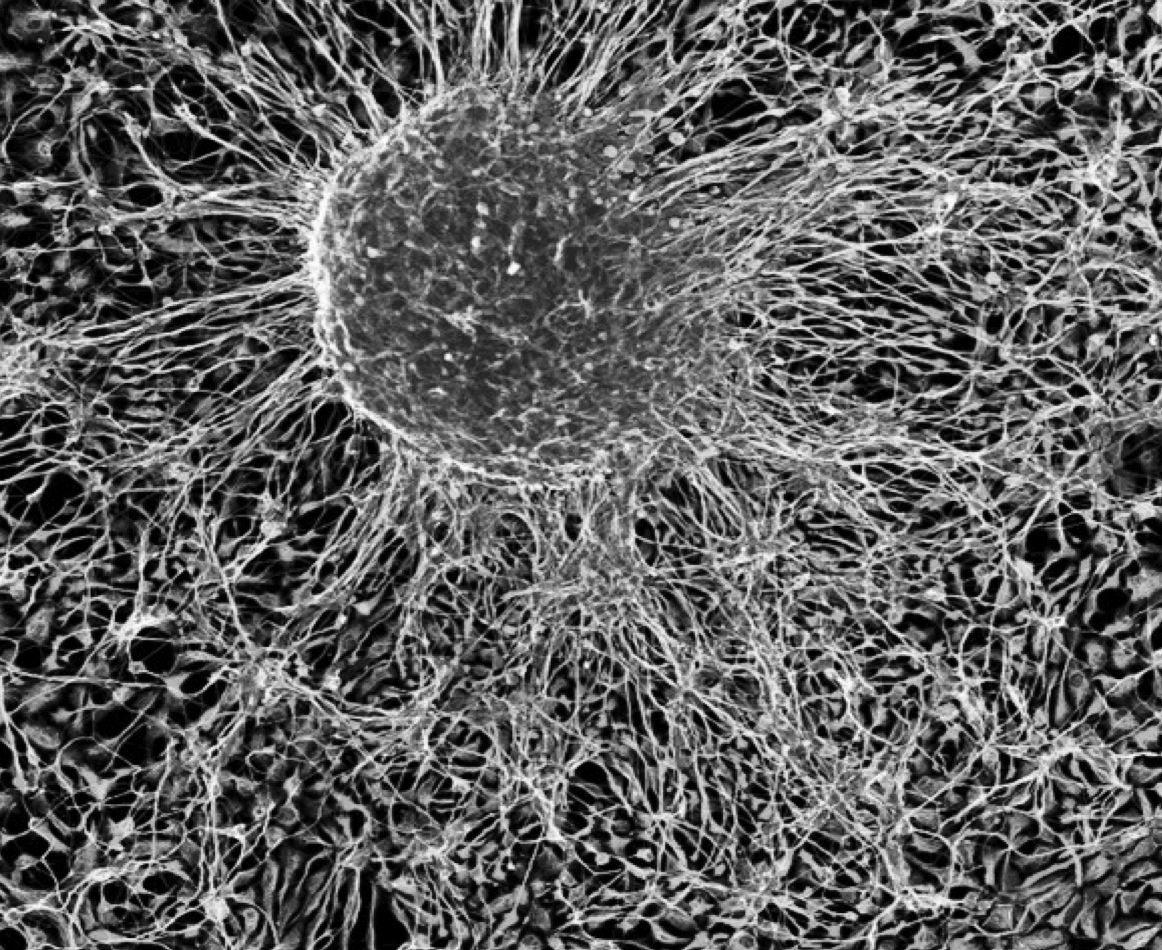
- Викладач: Briem Eva
- Викладач: Geuder Johanna
- Викладач: Hellmann Ines
- Викладач: Liang Manqi
- Викладач: Richter Daniel
- Викладач: Geuder Johanna
- Викладач: Hellmann Ines
- Викладач: Richter Daniel
- Викладач: Wange Lucas
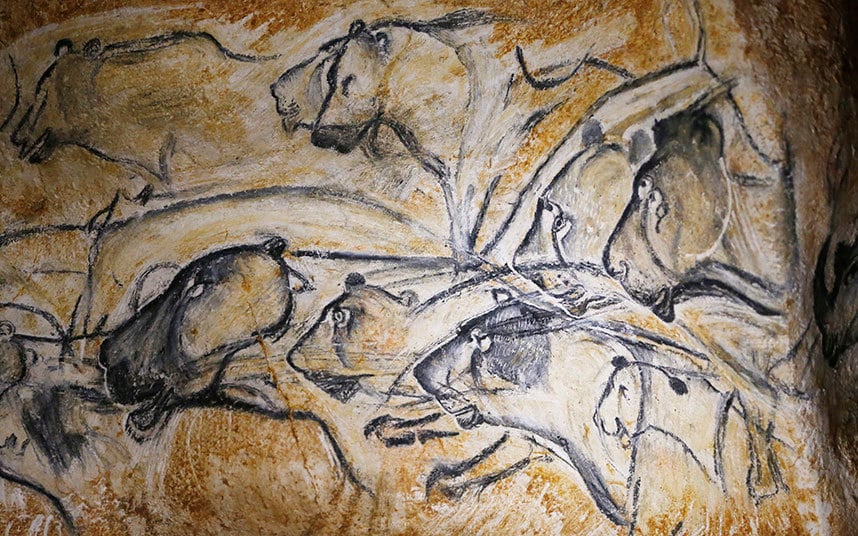
- Викладач: Cremer Marion
- Викладач: Cremer Thomas
- Викладач: Enard Wolfgang
- Викладач: Grothe Benedikt
- Викладач: Sellmaier Stephan
- Викладач: Stuhrmann Cora
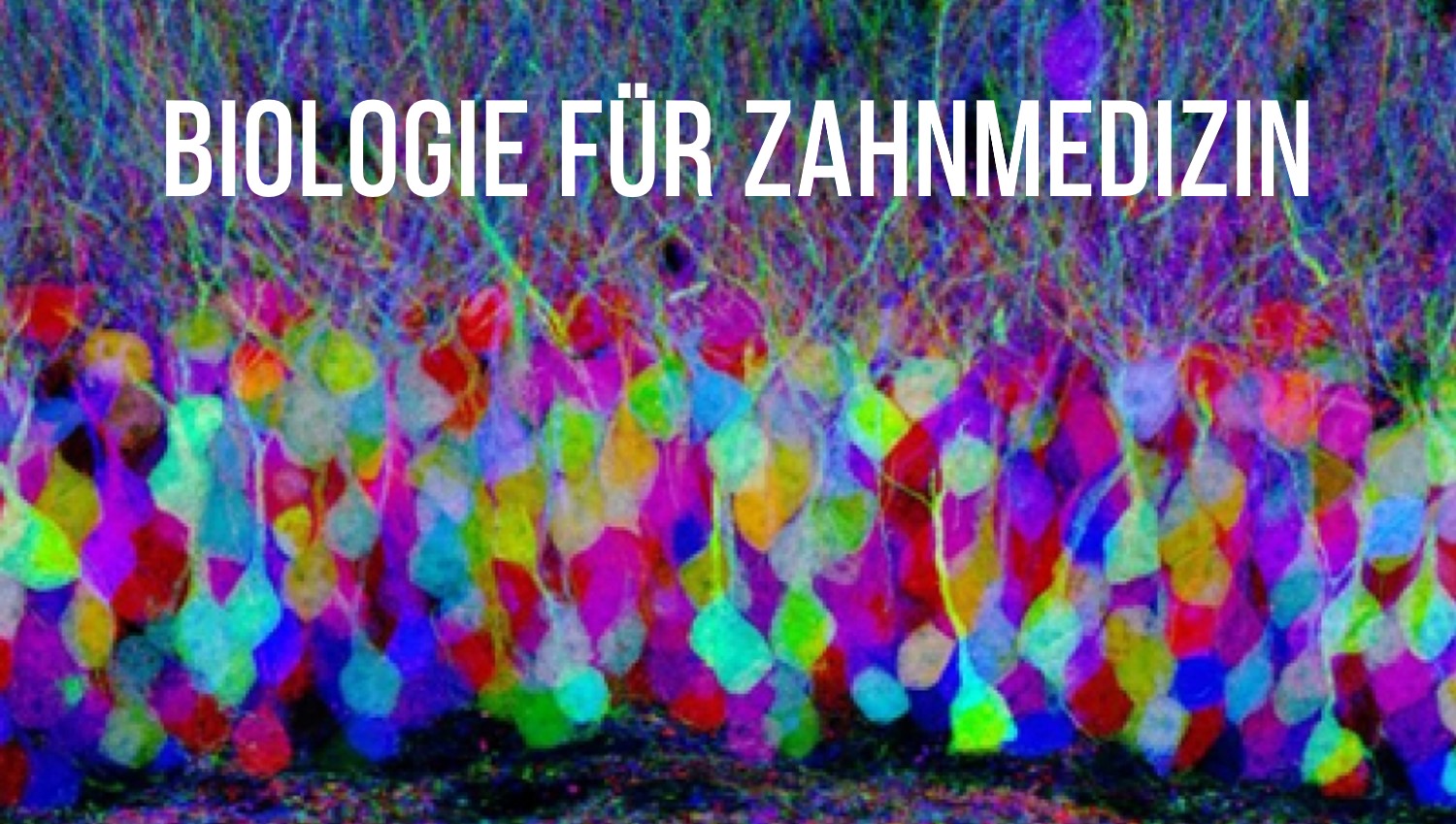
- Викладач: Enard Wolfgang
- Викладач: Hellmann Ines
Content: This lecture builds on knowledge obtained in molecular biology and genetics on the Bachelor's level. It aims to deepen an understanding how the human genome was sequenced and annotated and how it is currently used to study human biology in health and disease. The following topics are addressed: The human genome project, high throughput sequencing technologies, basics in sequence analysis, gene annotation, repeats, gene expression analysis.
Qualification goals: The students will be able to describe and understand fundamental principles of human genomic research. They will acquire the basic background knowledge to apply genomic technologies.
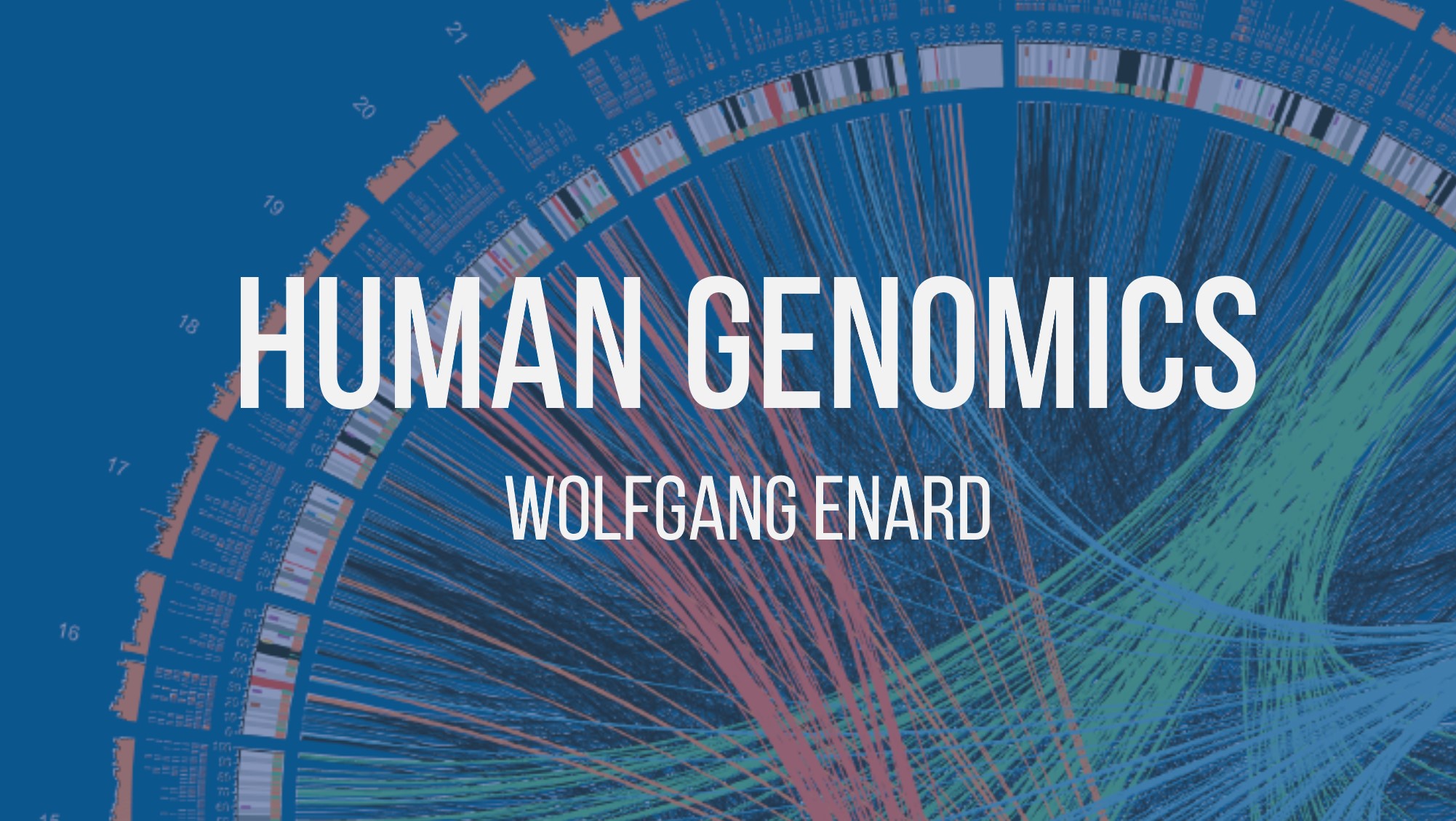
- Викладач: Enard Wolfgang
- Викладач: Hellmann Ines
- Викладач: Richter Daniel
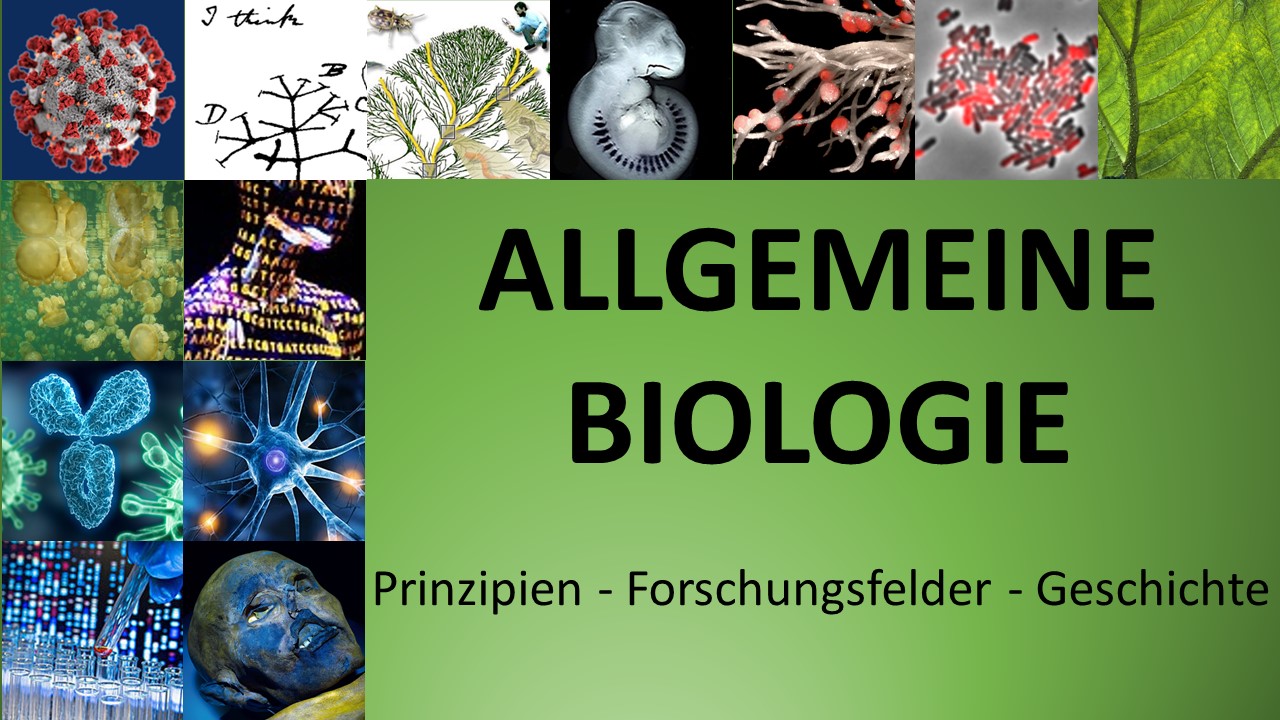
- Викладач: Bechteler Julia
- Викладач: Bolle Cordelia
- Викладач: Bösl Elsbeth
- Викладач: Busse Laura
- Викладач: Enard Wolfgang
- Викладач: Gottschling Marc
- Викладач: Guse Annika
- Викладач: Hellmann Ines
- Викладач: Heß Martin
- Викладач: Jung Kirsten
- Викладач: Kadereit Gudrun
- Викладач: Kunz Hans-Henning
- Викладач: Leister Dario
- Викладач: Leonhardt Heinrich
- Викладач: Meilinger Daniela
- Викладач: Meurer Jörg
- Викладач: Neuhaus Birgit
- Викладач: Nickelsen Kärin
- Викладач: Obst Reinhard
- Викладач: Parniske Martin
- Викладач: Stibor Herwig
- Викладач: Stuhrmann Cora
- Викладач: Veranso Epse Libalah Marie
- Викладач: Wlodarska-Lauer Grazyna
- Викладач: Wolf Jochen
- Викладач: Zhao Ming
- Викладач: Zink Albert
Computational early drug discovery in cancer; Analysing drug high-throughput screens of cancer cell lines and their deep molecular characterisation for biomarker discovery; Investigating putative drug targets with CRISPR depletion screens. Retrieving insights in the disease aetiology of cancer by analysing large patient cohorts; In this purely computational course, we will investigate pharmacogenomic data, which will be harnessed by applying biostatistical and machine learning methods.
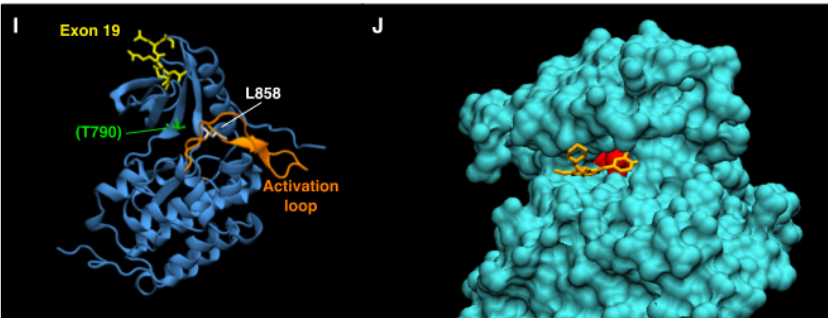
- Викладач: Arneth Alina
- Викладач: Gökçe Gülce
- Викладач: Hellmann Ines
- Викладач: Hölzel Linus
- Викладач: Menden Michael
- Викладач: Meyer-Bender Matthias
- Викладач: Streibl Barbara
Current topics in our research field are discussed and priority is given for for students doing research course, Bachelor thesis or Master thesis; This seminar is only recommended for advanced students with an aptitude for quantitative and statistical approaches. 3 ECTS Points
Content: In the seminar, the students critically present and discuss current publications related to genomic analyses.
Qualification goals: The students will be able to extract and judge relevant information also from complex literature and to exchange information and ideas on a scientific level with experts in Genomics.
- Викладач: Enard Wolfgang
- Викладач: Hellmann Ines
- Викладач: Janjic Aleksandar
- Викладач: Janßen Philipp
- Викладач: Vieth Beate
Handling statistical data is the key to success in many fields of biology. In this practical course we will
- discuss how you can use plots to make friends with your data
- discuss how you prepare publication ready plots
- repeat some basic concepts in of statistics
- apply the concepts to interpret published figures
All this will be accomplished using R and ggplot2.
The course consists of 2 parts:
1. Practical part (3ECTS, final exam is a term paper)
2. Seminar ( 3ECTS, prepare & present a plot that illustrates a data-centric question of your choosing e.g. about COVID-19 stats)
The enrolement key is: PrettyPlots

- Викладач: Hellmann Ines
- Викладач: Lopez Parra Dana
- Викладач: Pförtner Felix
- Викладач: Hellmann Ines
- Викладач: Lopez Parra Dana
- Викладач: Pförtner Felix
- Викладач: Richter Daniel
- Викладач: Térmeg Anita
This seminar introduces methods for the computational analysis of quantitative high-throughput RNA sequencing data (RNA-Seq). The seminar is required for the practical course "Computational analysis of RNA-Seq" and the lecture "Human Genomics" is highly recommended.
Instructors: Ines Hellmann hellmann@bio.lmu.de
Beate Vieth vieth@bio.lmu.de
Please remember that you have to consult with one of us at least 2 days prior to the Seminar.
Talks should be 20min/person and including discussion each section should be roughly 1.5h.
The points given in each topics are hints, you may restructure it and make slight changes to the emphasis if you think it to be appropriate.
Talks are generally better if, you consider the following principles:
Less text, more pictures
Text and pictures need to be in sync
Explain everything to a level that your fellow students understand the pictures and statements you make. Don't just show things for the sake showing.
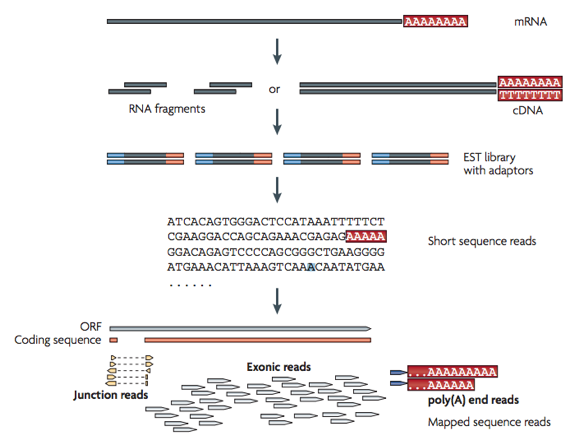
- Викладач: Hellmann Ines
- Викладач: Janßen Philipp
- Викладач: Kliesmete Zane
- Викладач: Lopez Parra Dana
- Викладач: Pförtner Felix
- Викладач: Richter Daniel
- Викладач: Schaffmayer Leonhard
- Викладач: Térmeg Anita
